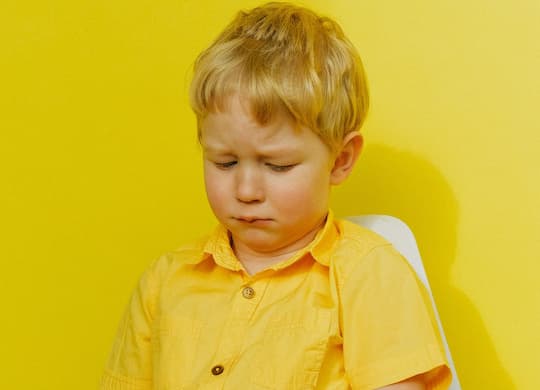55% of people reported childhood spankings, with men more likely to have been spanked than women.
Childhood spanking can lead to many adult mental health problems, research concludes.
Adults spanked as children are more likely to feel depressed, drink too much, use illegal drugs and attempt suicide.
Dr Andrew Grogan-Kaylor, who led the research, said:
“Placing spanking in a similar category to physical/emotional abuse experiences would increase our understanding of these adult mental health problems.”
Childhood spanking research
The study involved over 8,300 people aged 19 to 97.
They were asked how often they endured childhood spankings and whether they were abused in any way.
55 percent reported childhood spankings, with men more likely to have been spanked than women.
Those who were spanked had a higher risk of being depressed as adults, along with increased risk of other mental health problems.
It is important to avoid harsh parenting at all costs, said Dr Shawna Lee, an expert in the effects of child mistreatment:
“This can be achieved by promoting evidence-based parenting programs and policies designed to prevent early adversities, and associated risk factors.
Prevention should be a critical direction for public health initiatives to take.”
The study was published in the journal Child Abuse & Neglect (Merrick et al., 2017).

